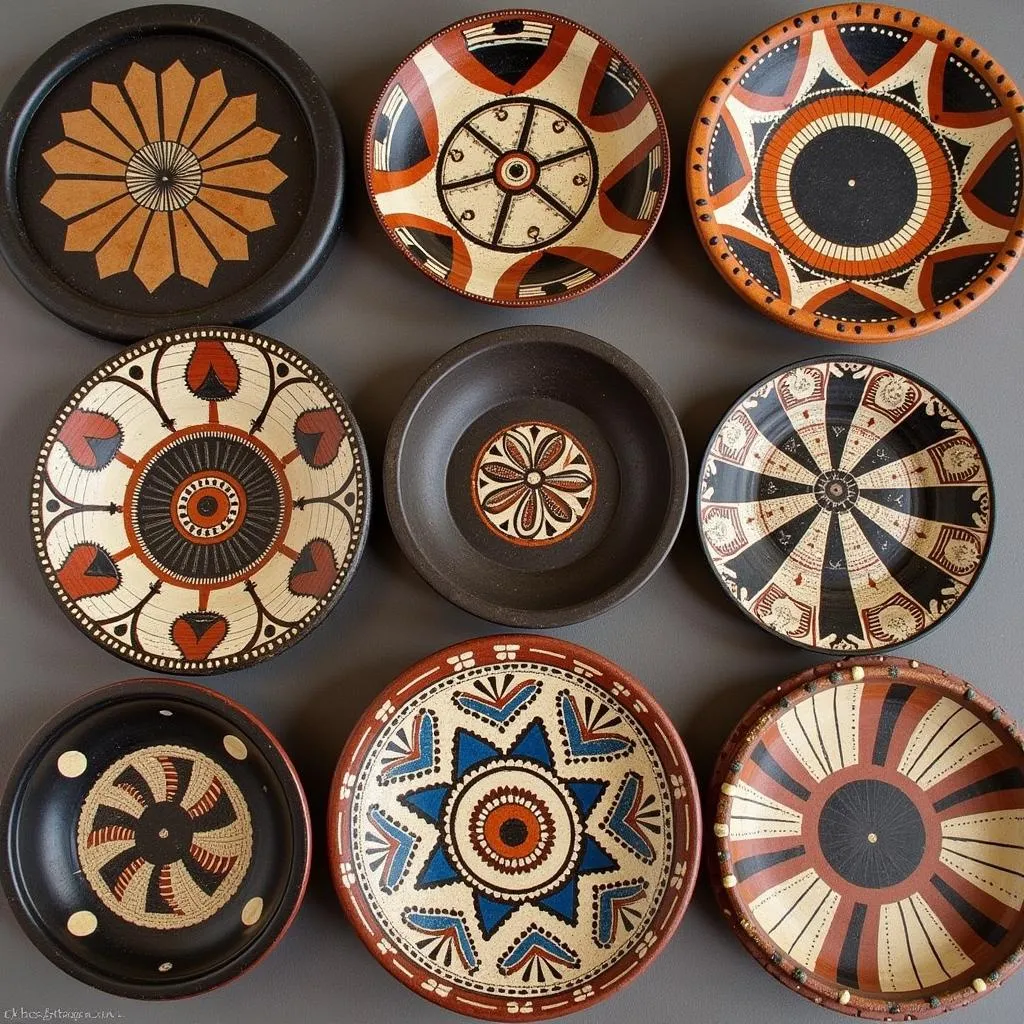Decoding African Currency Short Forms
Understanding the world of finance can feel like learning a new language, especially when it comes to foreign currencies. This is particularly true for African currencies, each with its unique history and evolution. To help you navigate this financial landscape, we’ll be decoding common African Currency Short Forms, revealing their meaning and significance.
What’s in a Name? Unpacking African Currency Codes
Every country’s currency has a unique three-letter code, established by the International Organization for Standardization (ISO). This code, known as the ISO 4217 code, simplifies international transactions and prevents confusion. For example, the South African Rand is represented as ZAR, the Egyptian Pound as EGP, and the Nigerian Naira as NGN.
These short forms often hold clues to the currency’s name or history. The “ZAR” for the South African Rand, for instance, comes from the Dutch “Zuid-Afrikaanse Rand,” reflecting South Africa’s colonial past.
Navigating the Continent: A Look at Common African Currency Short Forms
Let’s explore some commonly encountered African currency short forms:
- NGN (Nigerian Naira): The Naira, divided into 100 kobo, is the official currency of Nigeria, Africa’s largest economy.
- ZAR (South African Rand): Legal tender in South Africa, the Rand gets its name from the Witwatersrand, a region rich in gold deposits.
- KES (Kenyan Shilling): Used in Kenya, the Shilling replaced the East African shilling in 1966.
- EGP (Egyptian Pound): One of the oldest currencies globally, the Egyptian pound, subdivided into 100 piastres, reflects Egypt’s historical significance.
- GHS (Ghanaian Cedi): Ghana’s currency, the Cedi, replaced the old Cedi in 2007 to combat hyperinflation.
Beyond the Code: Understanding the Significance
Understanding African currency short forms is about more than just financial literacy; it’s about appreciating the continent’s diverse economies and the stories behind their currencies. These codes represent economic strength, historical journeys, and the daily lives of millions.
“Learning about a country’s currency can be a window into its culture and history,” says Dr. Abena Oduro, an economist specializing in African financial markets. “These codes are far more than just abbreviations; they are symbols of national identity.”
Frequently Asked Questions
1. Why are currency short forms important?
Currency short forms streamline international transactions, prevent confusion, and provide a standardized system for financial communication.
2. Where can I find the latest exchange rates for African currencies?
Reliable online sources like Google Finance, XE.com, and financial news websites provide up-to-date exchange rate information.
Need More Information?
For further insights into African currencies and financial matters, explore our articles on:
Get in Touch
Need assistance understanding African currencies or planning your financial journey? Contact our team at +255768904061, email us at kaka.mag@gmail.com, or visit our office in Mbarali DC Mawindi, Kangaga, Tanzania. We’re available 24/7 to assist you.



